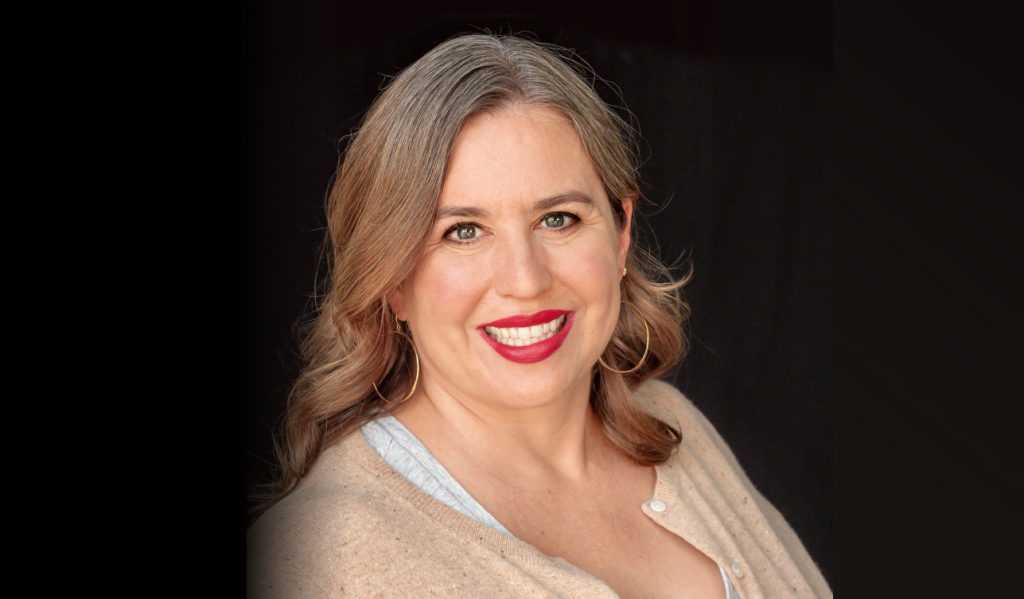Boundaries Before Burnout

Table of Contents
Caring for Yourself in the Thick of Caregiving
When my husband—debilitated, immunocompromised, blind, and unable to walk—was discharged after a devastating bone marrow transplant. His doctor told me he couldn’t be left alone; even for a minute.
He was seriously, critically ill and was coming home. Ms. Washington, a freelance writer, was thrust into a care role as an unpaid family nurse-wife.
I can't
I’ll never forget my terror and outrage; I spluttered out something like,
“I can’t do that! I have kids! I have to…sleep!”
I didn’t realize it then, but just by saying “I can’t,” I was setting a boundary in the face of an impossible demand. I wish I’d advocated for myself so clearly in the face of other expectations that were slightly less unreasonable than solo 24/7 care.
I often let the intensity of my husband’s needs pull me into managing his care and its attendant paperwork, phone calls, and logistical demands for such long hours that I reached a stressed-out, exhausted breaking point.
Lessons on Limits
From this experience, I learned how important it was to set boundaries before I got burned out.
Setting limits can be one of the hardest things for dedicated caregivers to do—especially for women. Many of us are socialized to give ourselves endlessly.
Saying "no" or taking a break from caring can prompt guilt. Not to mention how tough it is to find respite care and to trust others with your fragile loved one.
Paid Respite Service
Training a consistent respite service, however, is an investment in future breaks that will protect your mental health and make long caregiving sustainable.
In the case of my husband’s 24-hour care needs, we were fortunate that we could dip into savings and hire home attendants for a short time.
Community Respite Service
Many community organizations offer respite care services (now becoming more available after COVID concerns halted them), Friends and relatives may also pitch in, especially if you make specific requests.
However you find relief, drawing clear lines about how much you can physically, emotionally, and financially handle is a crucial step to survive your caregiving journey—and maybe thriving in it.
Respite
Respite (ress-spit) care is defined as temporary relief for a primary caregiver or family caregivers a period of rest (or “respite”) from the daily responsibility of caring for their loved ones. It can apply to both adult and pediatric patients.
The respite period can vary depending on a family’s needs and benefits*, but can range from a few hours to a few days or weeks. This type of service is commonly provided by home care agencies, nursing and assisted living facilities, adult day care centers, individual care professionals and family and friends.
Affording Respite
- Unfortunately, most insurance plans do not cover respite care, and many families pay out of pocket. However, if you are interested in the service, you should reach out to a provider to see if there are any programs or grants you may qualify for.
Respite Resources
If you need of respite care or services to support you and your family in your caregiving responsibilities, here are some resources that may help:
- ARCH National Respite Network:
- Helps families locate respite and crisis care services in their community
- Funding and caregiver supports + map
- Eldercare Locator : Find help in your community, 1-800-677-1116
- National Adult Day Services Association
- Adult Day Services, provide cost-effective care and support individual autonomy, dignity and aging in place
- Admin for Community Living
- Eldercare Locator, a public service of the U.S. Admin on Aging
- National Institute on Aging

NYTimes Article The Costly, Painful, Lonely Burden of Care
By Mara Altman; Published March 16, 2021 : Updated Oct. 22, 2021
“If society wants us to keep caring for others, it’s going to have to show a little more care for us.” — Kate Washington, the author of “Already Toast: Caregiving and Burnout in America”
Read more from other family caregivers who have successfully managed respite and home health care for a child with special needs in the blog: Barriers and Success, from Mike George
Partners in this Article
Care.com
Care.com connects you to vetted professionals to help you manage the daily demands of child care, senior care, pet care, and housekeeping.
Audiobooks.com
Audiobooks.com offers a variety of audiobook titles that can be downloaded and sent as a gift. Check out their caregiving club where caregivers can connect with each other and share caregiving tips and advice.
The Credit Pros
The Credit Pros, is a financial technology firm dedicated to educating clients on how to avoid credit-oriented mistakes in the future.
Build Your Family Care Team Today!
It’s no secret that taking care of elderly family members can be a challenging task. Not only do you have to worry about their physical and emotional well-being, but you also have to manage your busy life simultaneously.

If you’re a family caregiver, CircleOf is the app for you. It allows you to organize and collaborate with family and friends, maintain regular communication so everyone is on the same page. Download CircleOf today to build your circle of care.



